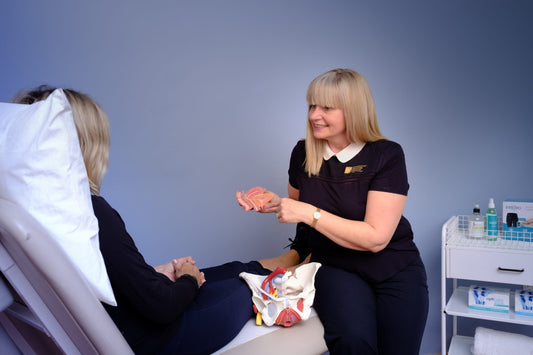Toxic shock syndrome (TSS) is a rare but sometimes deadly condition caused by bacteria that make toxins or poisons. There are only a handful of cases in Ireland every year, and most cases of TSS are not caused by using tampons.
But you could be at risk if you use more absorbent tampons than you need for your bleeding or if you do not change your tampon often enough (at least every four to eight hours).
Menstrual cups, cervical caps, sponges, or diaphragms (anything inserted into your vagina to manage your period) may also increase your chance of getting TSS if they are left in place for too long (usually 24 hours). Remove sponges within 30 hours and cervical caps within 48 hours.
Wash your hands before and after inserting or removing a tampon or other menstrual product. When using a tampon at night, use a fresh one just before you go to sleep and replace it first thing after you wake up.
Remember, if you have any symptoms of TSS, take out the tampon, menstrual cup, sponge, or diaphragm, and go to the hospital right away. It is a medical emergency; TSS can escalate very quickly and can be fatal if not tackled fast. However, if it’s caught and treated early, most people make a full recovery.
You don’t catch TSS from another person and you don’t develop immunity.
Symptoms of TSS include:
- Sudden high fever
- Muscle aches
- Vomiting
- Nausea
- Diarrhea
- Rash
- Kidney failure
Your treatment options include:
- Antibiotics to treat the infection
- Oxygen to help with breathing
- Fluids to prevent dehydration and organ damage
- Medicine to help control blood pressure
- Dialysis if your kidneys stop functioning
- In severe cases, surgery may be needed to remove dead tissue
Most people will start to feel better within a few days of treatment, but it may take several weeks before you're well enough to leave hospital.














